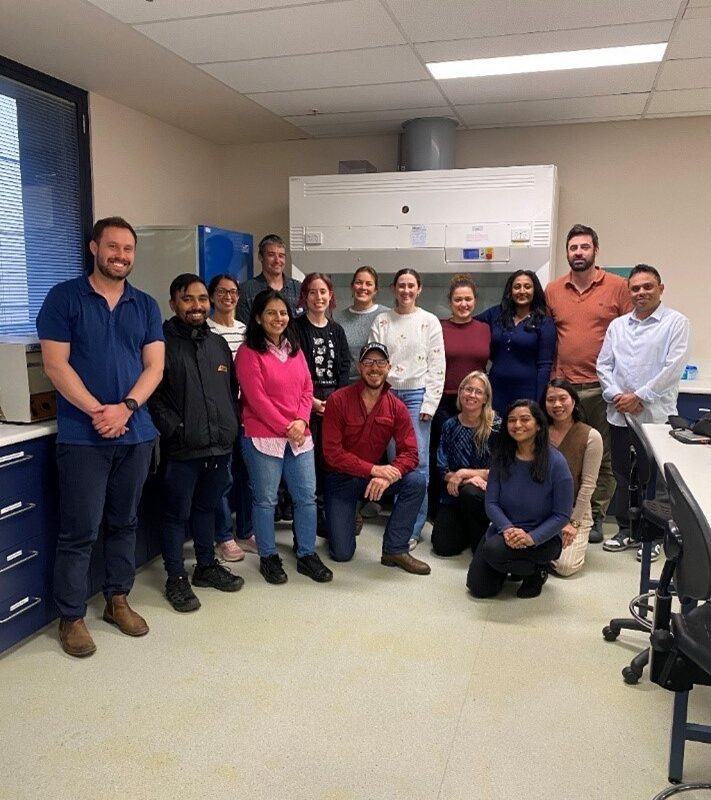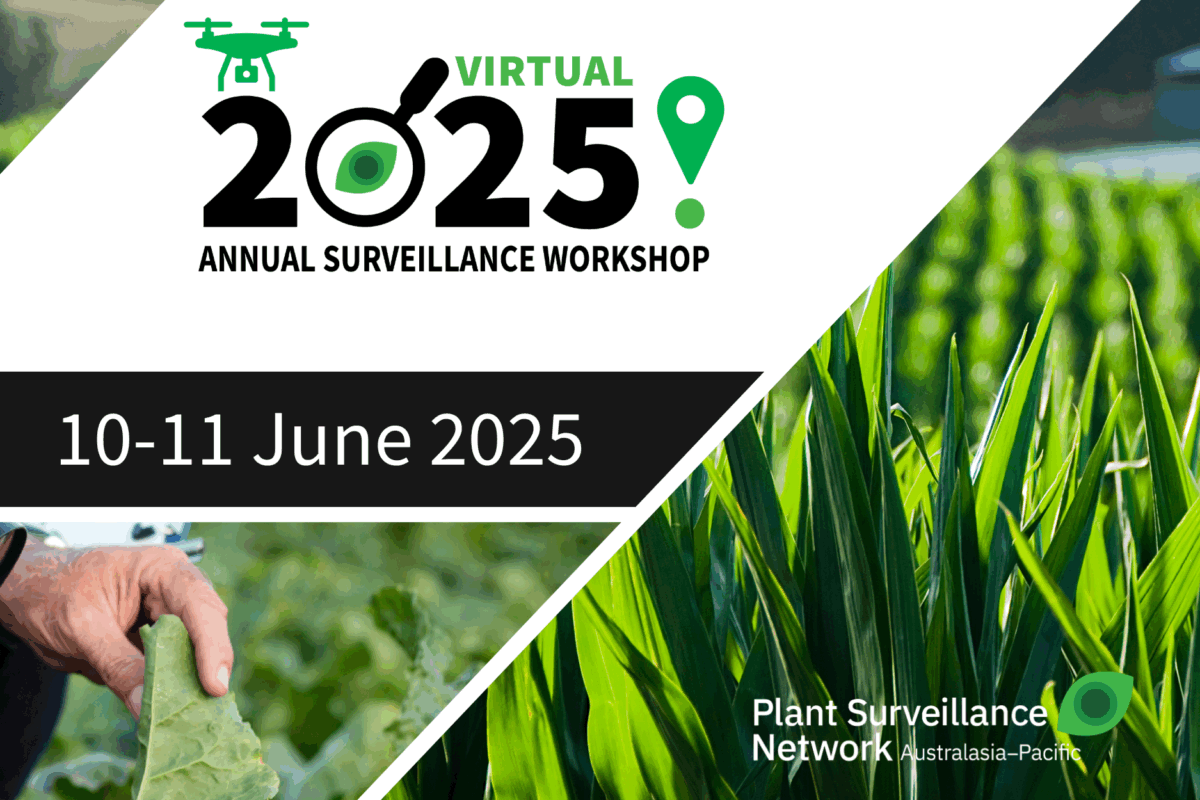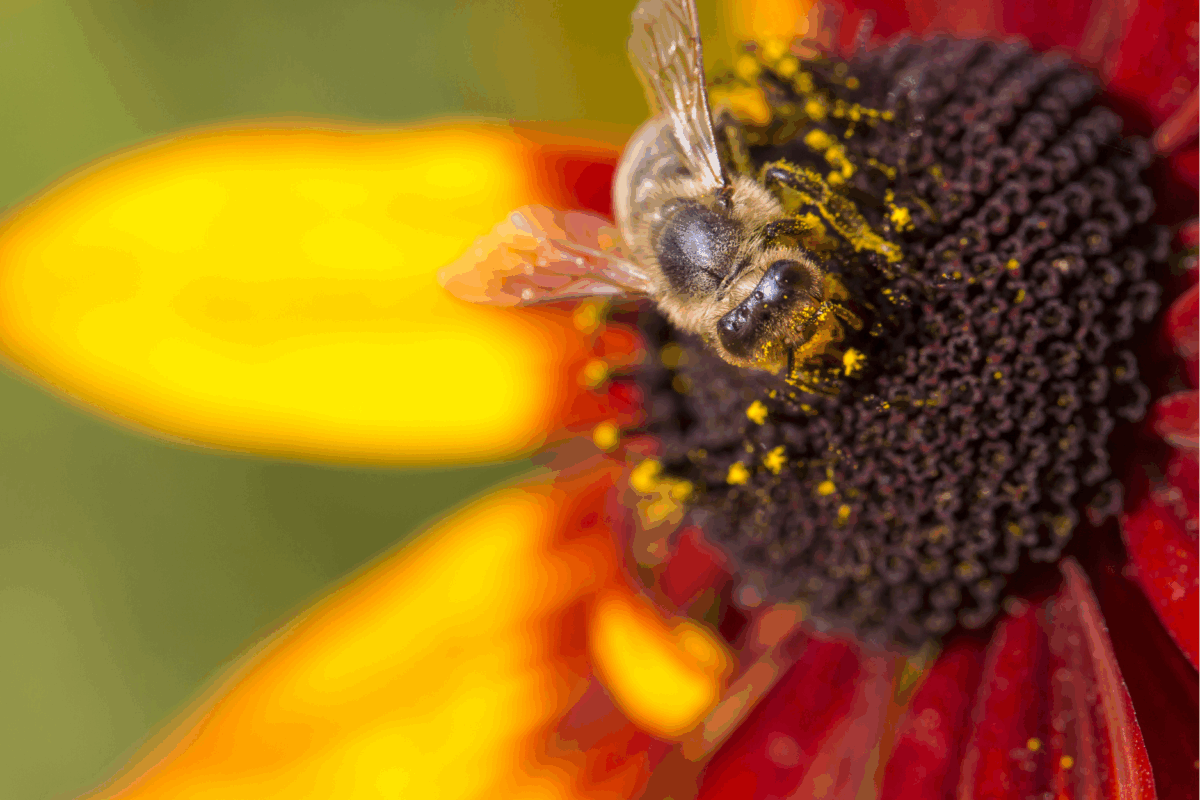Fingerprinting high-risk border pests
Mass spectrometry technology, that can identify microorganisms in under a minute, is being piloted by Department of Agriculture, Water and the Environment (DAWE) biosecurity scientists to more rapidly identify high-risk plant pathogens and mosquitoes intercepted at Australia’s borders.
Presenting like a slimline coffee machine, the MALDI Biotyper® was purchased from a German science equipment group as part of the Australian Government’s $22.27m, four-year program to build plant biosecurity diagnostic capabilities.
This technology is a potential game changer – giving definitive results faster and reliably.
DAWE will be piloting the MALDI Biotyper® at their Sydney laboratory on a range of pests such as mosquitoes and other organisms detected at airports, seaports and other entry points.
Using this technology, DAWE will be able to determine the unique fingerprint of a pest. This can then be compared against a vast reference library to identify the pest.
MALDI stands for Matrix Assisted Laser Desorption Ionisation. The MALDI Biotyper® has access to over 10,000 unique fingerprints, with 3,893 species of microorganisms currently in its reference library. This number is growing steadily with use, especially in biosecurity.
The technology adds to the growing suite of high-tech tools available to DAWE scientists and biosecurity officers in protecting our border.
If you have any questions get in touch by emailing plantstakeholders@awe.gov.au






